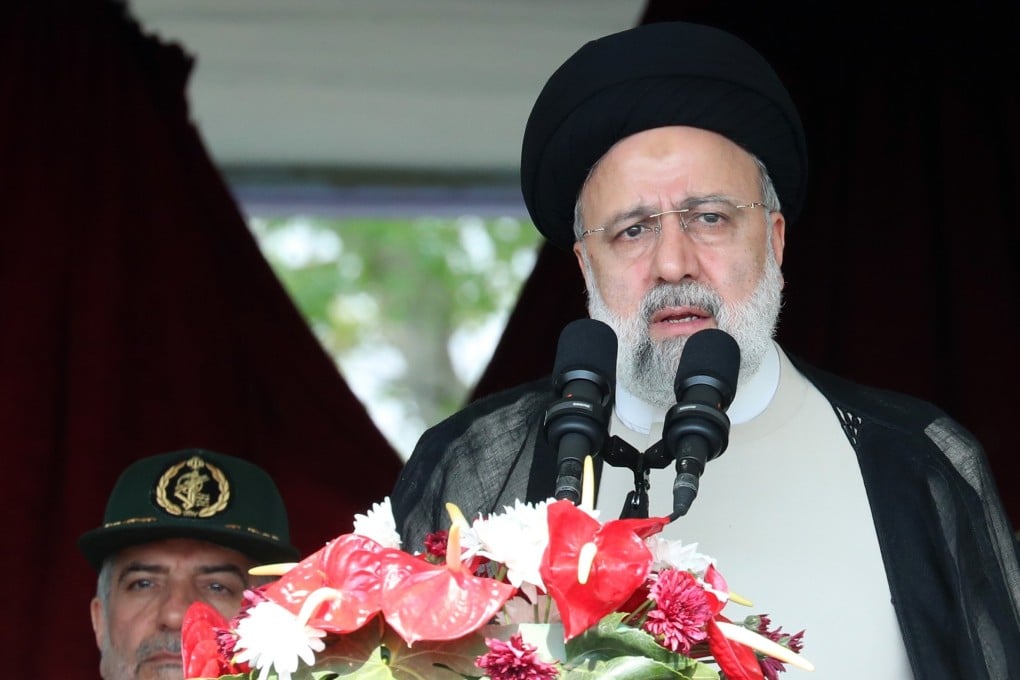Death of Iran’s Ebrahim Raisi to intensify supreme leader succession battle among hardline factions
- Raisi’s death is unlikely to affect foreign policy as Supreme leader Khamenei remains in charge, Iran experts say
- Iran, however, lacks charismatic candidates to succeed Raisi and any chosen figure could lead to further internal divisions, they add

The death of Iranian President Ebrahim Raisi in an air crash will intensify a power struggle between the Islamic republic’s competing hardline factions over who will eventually succeed the aged Ayatollah Ali Khamenei as supreme leader.
Despite concerns about Khamenei’s health, he remains firmly in control and Raisi’s death will not affect Tehran’s strategic policy of avoiding war with the United States and Israel, Iran experts have said.
“Domestic implications aside, Iran’s foreign policy will likely remain consistent,” said Hamidreza Azizi, an Iranian academic and visiting fellow at the German Institute for International and Security Affairs in Berlin.
He pointed out that Iran’s strategic decisions are set by the supreme leader and the Islamic Revolutionary Guard Corps (IRGC), not by the president.
“Expect continued rigidity in US relations and regional policies,” Azizi said.

Overall, the implications of Raisi’s death “would not be fundamental or a decisive blow to the system”.